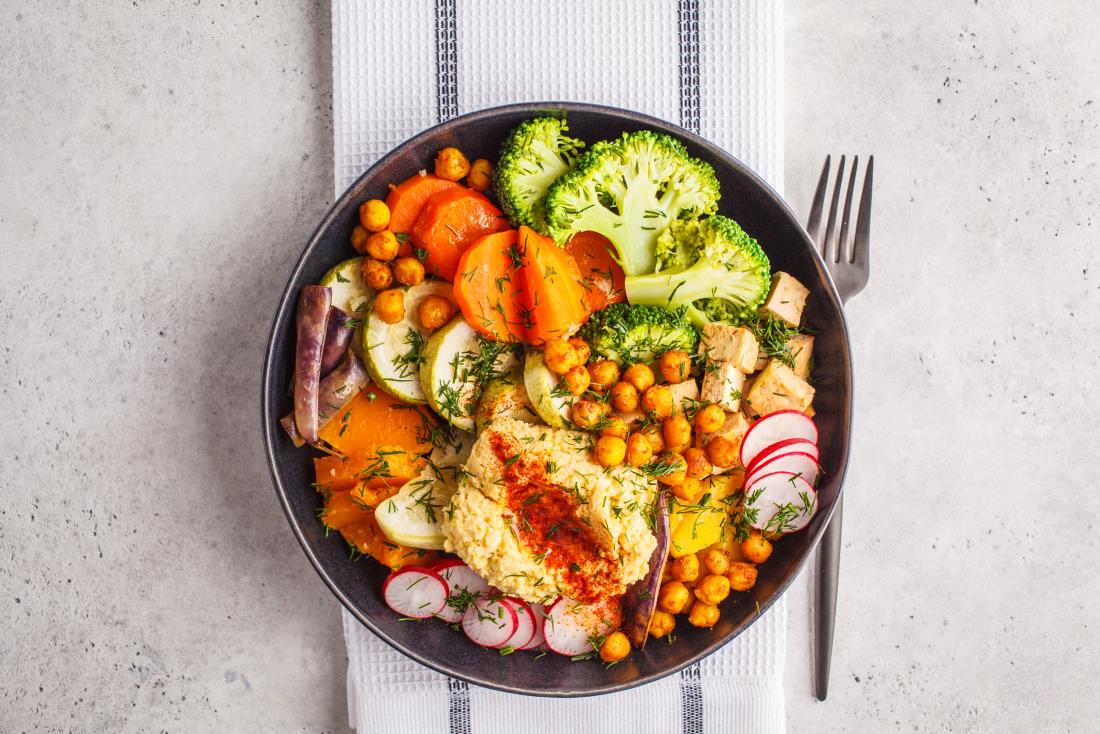Diabetes mellitus leads to persistently elevated blood sugar levels. Over time, high sugar levels damage the body and can lead to the multiple health problems associated with diabetes.
But why are high blood sugars so bad for you? How much sugar in the blood is too much? And what are good sugar levels, anyway? Web MD takes a look at how your sugar level affects diabetes and your health.
Diabetes and Normal Blood Sugar Levels
At present, the diagnosis of diabetes or pre-diabetes is based in an arbitrary cut-off point for a normal blood sugar level. A normal sugar level is currently considered to be less than 100 mg/dL when fasting and less than 140 mg/dL two hours after eating. But in most healthy people, sugar levels are even lower.

During the day, blood glucose levels tend to be at their lowest just before meals. For most people without diabetes, blood sugar levels before meals hover around 70 to 80 mg/dL. In some, 60 is normal; in others, 90. Again, anything less than 100 mg/dL while fasting is considered normal by today’s standards.
What’s a low sugar level? It varies widely, too. Many people’s sugar levels won’t ever fall below 60 mg/dL, even with prolonged fasting. When you diet or fast, the liver keeps sugar levels normal by turning fat and muscle into sugar. A few people’s sugar levels may fall somewhat lower. Without taking diabetes medicine, though, or having uncommon medical problems, it’s difficult to drop sugar levels to an unsafe point.
Sugar Levels, Diabetes, and Pre-diabetes
Sugar levels higher than normal mean either diabetes or pre-diabetes is present.

There are several ways diabetes is diagnosed:
- The first is known as a fasting plasma glucose test. A person is said to have diabetes if his or her fasting blood sugar level is higher than 126 mg/dL after not eating — fasting — for eight hours.
- The second method is with an oral glucose tolerance test. After fasting for eight hours, a person is given a special sugary drink. That person is said to have diabetes if two hours after the drink he or she has a sugar level higher than 200.
- The third way is with a randomly checked blood sugar level. If it is greater than 200, with symptoms of increased urination, thirst, and/or weight loss, that person is said to have diabetes. A fasting sugar level or oral glucose tolerance test will be needed to confirm the diagnosis.
But diabetes is not like a switch that gets turned on and off — healthy one day, diabetic the next. Any sugar levels higher than normal are unhealthy. A blood sugar higher than normal, but not meeting the above criteria for full-blown diabetes, is called prediabetes.
According to the American Diabetes Association, 79 million people in the U.S. have pre-diabetes. People with pre-diabetes are five to six times more likely to develop diabetes over time. Pre-diabetes also increases the risk for cardiovascular disease, although not as much as diabetes does. It’s possible to prevent the progression of pre-diabetes to diabetes, with diet and exercise.
Sugar and Your Body
Why are high blood sugar levels bad for you? Glucose is precious fuel for all the cells in your body — when it’s present at normal levels. But persistently high sugar levels behave like a slow-acting poison.

High sugar levels slowly erode the ability of cells in the pancreas to make insulin. The pancreas overcompensates, though, and insulin levels remain overly high. Gradually, the pancreas is permanently damaged.
- All the excess sugar is modified in the blood. The elevated sugar in the blood causes changes that lead to atherosclerosis, a hardening of the blood vessels.
Because high sugar levels are everywhere, the body can be damaged anywhere. Damage to blood vessels, in particular, means no area is safe from too much sugar.
High sugar levels and damaged blood vessels cause the multitude of complications that can come with diabetes:
Kidney disease or kidney failure, requiring dialysis
Strokes
Heart attacks
Visual loss or blindness
Immune system suppression, with increased risk for infections
Erectile dysfunction
Nerve damage, called neuropathy, causing tingling, pain or decreased sensation in the feet, legs, and hands
Poor circulation to the legs and feet, with poor wound healing
In extreme cases, because of the poor wound healing, amputation is required.
Keeping sugar levels closer to normal can prevent many of the complications of diabetes. The American Diabetes Association’s goals for glucose control in people with diabetes are sugar levels of 70 to 130 mg/dL before meals, and less than 180 mg/dL after meals.
Use Supplement for blood sugar:
FENFURO Regular intake of FENFURO can control the blood sugar level effectively. FENFURO is a first of its kind, safe nutraceutical derived from fenugreek seeds through a patented process. Through its unique scientific process, FENFURO concentrates the bioactive part of plants into a manageable dose, while removing the inert parts such as cellulose. Also, since a lot of healthy botanicals are not palatable, consuming their concentrate in capsule form in small dosage is a lot easier. FENFURO contains a rich variety of saponins and flavonoids. These substances are known to lower blood lipid level and help in insulin sensitization and glucose regulation. FENFURO is the first dual action insulin sensitizer.
The statement and product have not been evaluated by the FDA to diagnose, treat, cure or prevent any disease.







 With more than 62 million individuals currently diagnosed with the disease,
With more than 62 million individuals currently diagnosed with the disease, 















